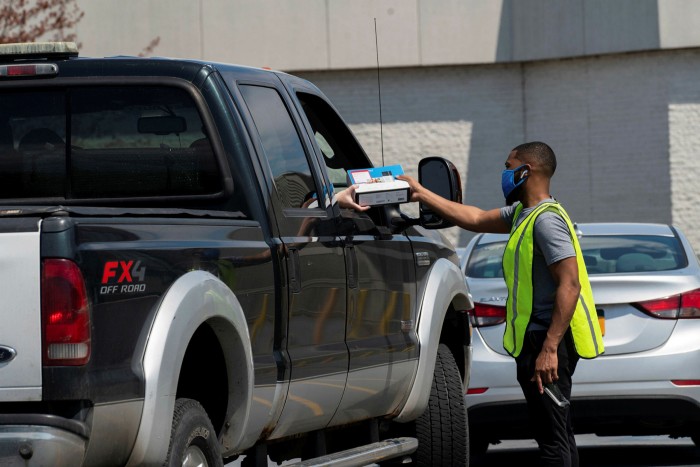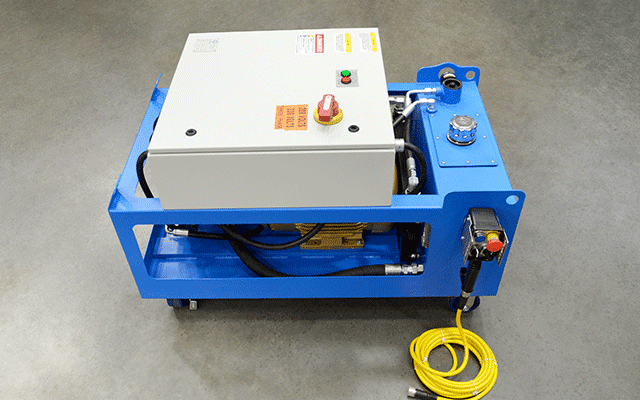What Covid teaches us about innovating fast
The Covid-19 pandemic has prompted a groundswell of change in purchaser practices, with a wholesale shift to electronic. Individuals who swore they would under no circumstances have groceries delivered because they desired to “see and touch” products and solutions now blithely buy on-line. People who did not want to handle cash uncovered mobile payment methods. Even professors who explained they would under no circumstances train on-line are performing so.
Globally, some estimates propose just about 50 percent of people shop on-line additional now than pre-pandemic. How have providers reacted? The crisis has provided a laboratory experiment in “innovate or perish”, with a fresh focus on the worth of “business product innovation”.
This method indicates figuring out distinctive ways to supply products and expert services to clients. Commonly, it is not pricey or higher-chance. It differs from traditional innovation, in which novel strategies are produced applying a total-blown research and development division with a sizeable investment of time and assets.
FT Government Instruction directories 2021
By contrast, a very good case in point of a organization dependent on organization product innovation is Uber. It did not invent the units it employs: the web, smartphones, GPS, vehicles or the principle of transporting men and women. In its place, Uber delivers the identical company — a taxi — to the identical clients, but in a distinctive way.
Numerous providers did not innovate in reaction to the pandemic and have not survived as a consequence. Eating places and retailers have shut down because the proprietors preferred to hold out it out for reopening. Other enterprises, by contrast, rose to the situation, notably by switching to, or ramping up, their electronic offerings.
Consider Starbucks. It immediately instituted a mobile buy choose-up system, letting clients to travel up and accumulate espresso from a revenue assistant outdoor, resolving the trouble of queuing in a crowded shop. The organization also quickly included the company into its app, which grew in popularity, turning additional customers into faithful clients.
Other retailers have introduced kerbside choose-up, this sort of as Goal and Finest Acquire. This cuts an infection chance, tackles parking problems and can help men and women with minimal mobility and households with modest young children. It appears to be most likely that purchasing in progress and viewing a shop for selection will keep on after the pandemic.

Far more broadly, organization product innovation can help labour-intense industries this sort of as food company. In a 2019 paper in Management Science, I and my colleague Tom Fangyun Tan of Southern Methodist University’s Cox University of Business enterprise confirmed that when eating places presented clients with electronic purchasing technological know-how (iPads on the tables), clients spent additional and vacated tables faster. In general, revenue efficiency elevated by about eleven for each cent. Providers could experiment with this method with very little price or chance. A chain with 1,000 retailers could exam its worth in a number of places.
At a time when we are trying to make factors as touch-cost-free as possible, some eating places have adopted QR code purchasing. A cafe shows the code and clients use their phones to scan it, browse the menu, buy and spend.
Of system, employing organization product innovation has its difficulties. When it is fairly simple to experiment with a new method to delivery, at some level it will have to be rolled out and backed up by important investment. One of the major stumbling blocks is corporate society — it is tricky to foster innovation in huge organisations.
On my Wharton govt instruction organization product innovation system, we explore how to make providers less chance-averse and additional tolerant of testing new strategies. Top rated administration requirements to often audit the existing organization product, accumulate strategies and review them with their proposers. Nothing discourages innovation additional than a lack of opinions.
It must be designed obvious that innovation is a duty of every supervisor, not just those in R&D. The initiative for society change will have to come from the leading, with the chief govt stressing openness to and celebration of experimentation and possible failure, supported by some funding that is simple to entry. As Amazon’s Jeff Bezos when explained: “If you double the number of experiments you do for each year, you are going to double your inventiveness.”
The pandemic has presented an object lesson in organization product innovation. Enterprises normally change their techniques only when confronted with catastrophe. But except they are perfectly organized to get started with, they may well locate on their own far too considerably at the rear of to contend effectively when a crisis hits. They need to have a system to often re-consider their current method, to defend in opposition to vulnerabilities and gaps, and to build a corporate society of experimentation.
When Covid-19 is considered by many to be a “once-in-a-era event”, other unforeseen activities that take place additional regularly can disrupt any organization. Assume about the economic crisis, the dotcom bust and regional disasters that destabilise world-wide supply chains, not minimum the cargo ship trapped in the Suez Canal in March. The means to experiment — and the acceptance of new organization models in a organization — will be important for responding perfectly to long term crises.
Serguei Netessine is vice-dean for world-wide initiatives, Dhirubhai Ambani professor of innovation and entrepreneurship, and professor of functions, data and conclusions at the Wharton University of the University of Pennsylvania




